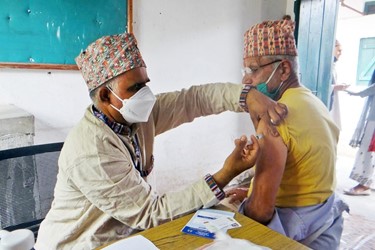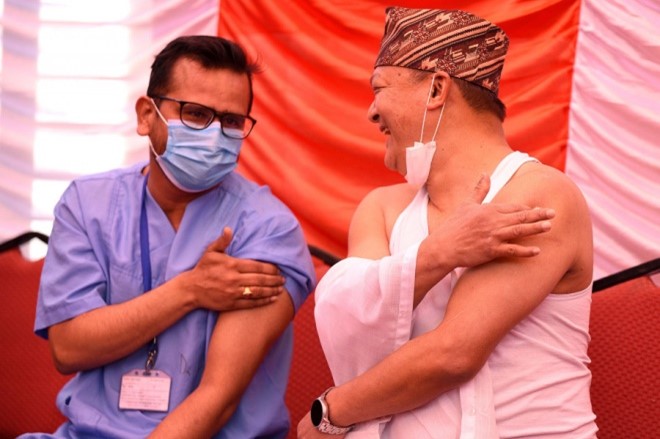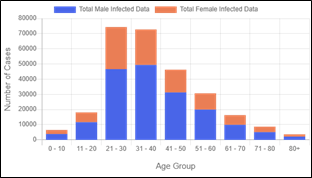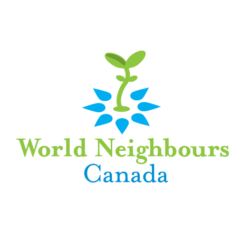
By Sabin Shrestha, World Neighbours Canada volunteer
The first COVID-19 positive case was detected in Nepal on 13th January 2020. Even though the second positive case was not confirmed until two months later on 23rd March, Nepal immediately implemented a countrywide lockdown and border closure, and adopted health measures to contain COVID-19 cases. The lockdown lasted 4 months and caused many social and economic crises especially for poor, marginalized people and small and medium-sized business enterprises.
Economic Impacts
Nepal has paid a high cost for COVID-19. The central bank says 22.5% of those employed in the country lost their jobs in the lockdown, which accounts for 1.5 million people. The World Bank estimated that more than 2 in 5 economically active workers reported a job loss or prolonged work absence in 2020. Further, the World Bank estimated Nepal GDP growth was 1.8% for fiscal year 2020, compared to 7% in fiscal year 2019.

Vaccination Roll-out
The country started inoculation against COVID-19 on 27th January 2021. The plan is to expand vaccine coverage in four phases.
Phase One: frontline health, sanitation, hygiene workers
Phase Two: security officials, bankers, government officials, diplomatic officials, and senior citizens.
The country has successfully completed first and second phase vaccine campaigns.
Phase Three: everyone between 40 and 55 years of age
Phase Four: the rest of the population.
Nepal has successfully vaccinated 1,791,606 people. It is the first country in Asia–Pacific to vaccinate refugees against COVID-19 vaccine. The country is optimistic in expanding its vaccination coverage. However, vaccine supplies are a critical bottleneck, which needs to be tackled by through “vaccine diplomacy” with neighbouring countries.
COVID-19 Positive case by Age Group as of 5th April, 2021

Vaccine Supplies
On the vaccine supply side, Nepal largely depends on its neighbours India and China. In January, the country received one million doses of the vaccine called Covishield as a donation from India (developed by the University of Oxford and pharmaceutical company AstraZeneca, locally manufactured by the Serum Institute of India). In a second batch, Nepal got 348,000 doses of Covishield. Recently in March 2021, Nepal got 500,000 doses of Sinovac vaccine developed by Sinopharm and donated by China.
Testing
As of April 5, 2021, Nepal has done 2,289,824 RT-PCR (COVID) tests, which is 7.75% of its total population. Among total RT-PCR tests, 278,210 cases were found as COVID-19 positive or 12.15% of tests done so far. Among the positive cases, Nepal has a high rate of recovery (98.3%). 3036 deaths by COVID-19 are recorded to date.
Nepal rapidly developed 84 facilities with RT-PCR laboratories throughout the country, 48 in the public sector and 36 in the private sector.

